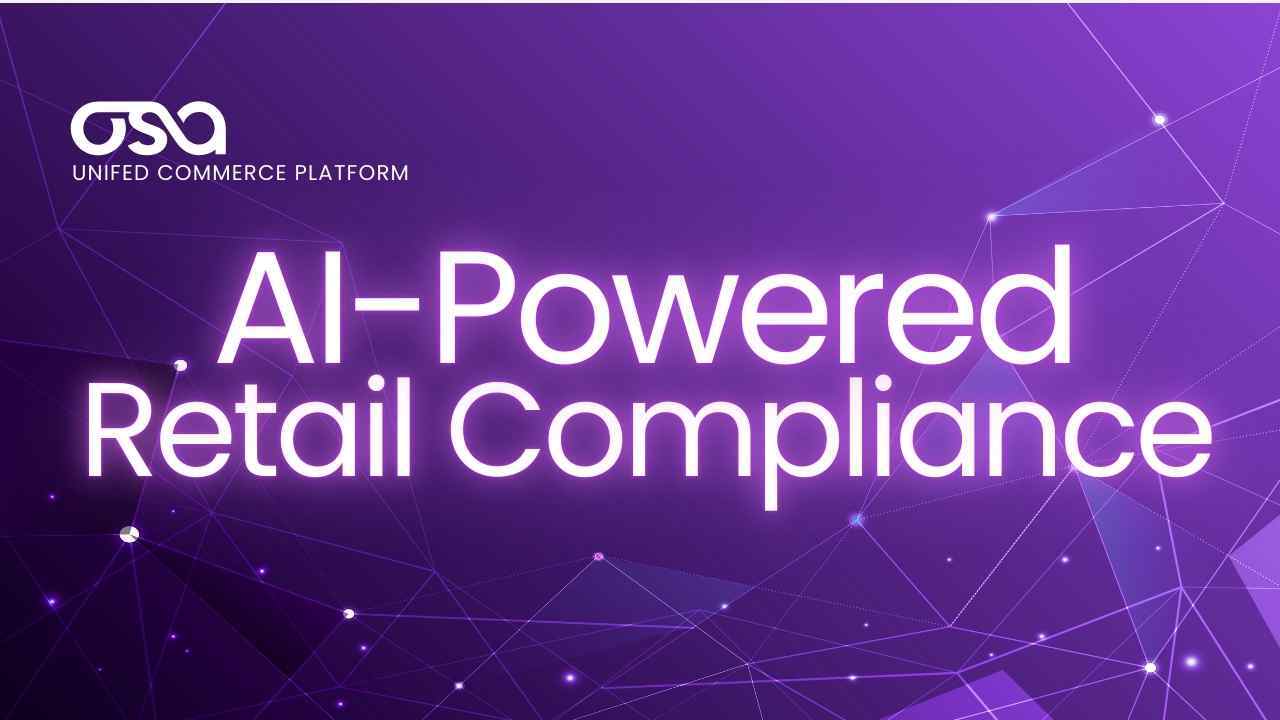2 min read
Tech-Driven Resilience: Leveraging AI to Meet Black Friday Demand
![]() Osa Commerce
:
November 27, 2024
Osa Commerce
:
November 27, 2024

We're exploring how AI is revolutionizing supply chain management to meet the intense demands of Black Friday.
Black Friday’s Impact on Global Supply Chains
Black Friday is more than just deals—it’s a stress test for global supply chains. The annual shopping event, known for its significant discounts and high consumer demand, puts immense pressure on supply chains worldwide. Sudden demand surges, limited inventory, shipping delays, and the pressure to maintain customer satisfaction create a perfect storm of challenges for logistics providers.
The sheer volume of transactions and the speed at which they occur can overwhelm traditional supply chain systems. Retailers and logistics companies must navigate these complexities to ensure timely delivery and customer satisfaction, making Black Friday a critical period for supply chain resilience.
.jpg)
Back From Manifest 2026: Visibility, Collaboration & The Next Supply Chain Operating Model

Osa Commerce Launches AI-Powered Retail Compliance at Manifest 2026, Targeting $5 Billion Chargeback Problem

Why Unified Commerce Integration Is the Foundation of Scalable Supply Chains
Harnessing AI for Supply Chain Optimization
AI plays a pivotal role in optimizing supply chains, particularly during peak shopping seasons like Black Friday. One of the key areas is inventory forecasting. AI systems can predict demand spikes based on historical sales data and market trends, allowing retailers to avoid overstocking or stockouts.
Predictive analytics provided by AI offer real-time insights into potential supply chain disruptions. This enables proactive measures to address delays or bottlenecks, ensuring a smoother flow of goods. Moreover, AI-driven agility and efficiency allow for a faster response to sudden market shifts, making supply chains more resilient and adaptable.
Real-World Applications of AI in Logistics
AI-powered solutions are transforming logistics in tangible ways. For instance, shipping segmentation allows for tailored shipping strategies for high-priority regions or products, reducing shipping costs while ensuring timely deliveries.
Warehouse slotting and optimization is another area where AI makes a significant impact. AI algorithms can place high-demand items in easily accessible locations, streamlining order fulfillment processes. Additionally, AI-driven data analysis helps identify inefficiencies in real-time, optimizing routes, labor allocation, and inventory placement to enhance overall logistics performance.
Enhancing Customer Experience with AI
AI is not just about optimizing operations; it also enhances the customer experience for all shopping experiences, especially when it comes to e-commerce and omnichannel experiences. AI-driven customer support, such as chatbots and predictive customer service, can handle queries efficiently during busy periods, improving resolution times and customer satisfaction.
Additionally, AI allows for personalized shopping experiences by offering tailored recommendations based on individual shopping behavior. This personalization not only drives sales but also fosters customer loyalty by providing a more engaging and relevant shopping experience.
AI and Supply Chain Trends
Looking beyond Black Friday, AI continues to drive innovation in supply chain management. Predictive analytics and automation offer long-term benefits, enabling continuous improvement and adaptation to changing market conditions.
Future trends to watch include the integration of IoT devices, advanced robotics, and blockchain with AI. These technologies promise to further enhance supply chain visibility, efficiency, and security, making logistics operations more robust and resilient.
Conclusion
AI is not only transforming supply chain management but simultaneously adding a competitive edge to companies by addressing some of Black Friday’s toughest challenges. From inventory forecasting to real-time disruption management, AI-driven solutions enable logistics providers to meet the intense demands of peak shopping seasons.
Explore how an AI-powered Collaborative Visibility Platform can elevate your supply chain with tech-driven solutions not just for the next Black Friday but year-round.





